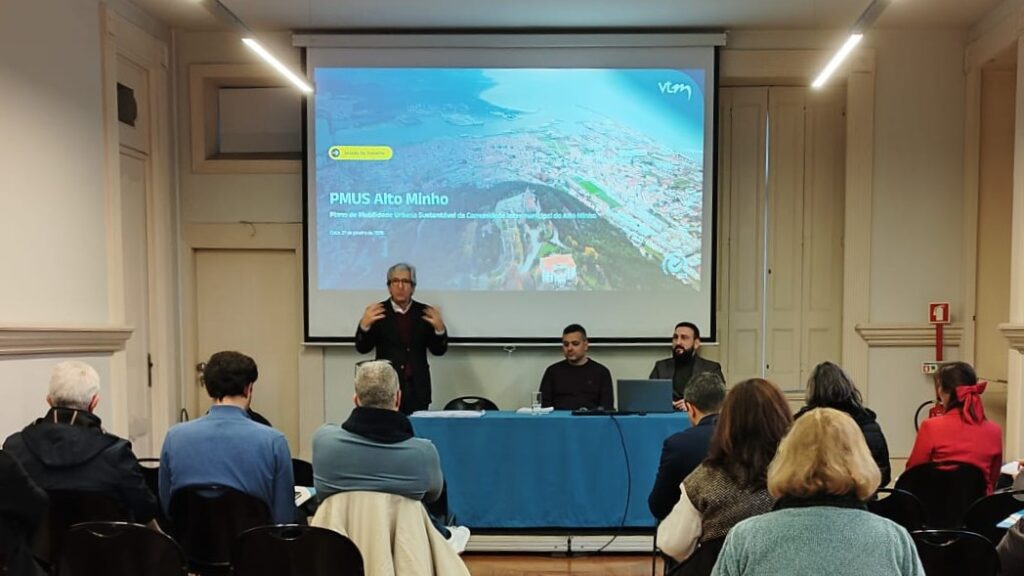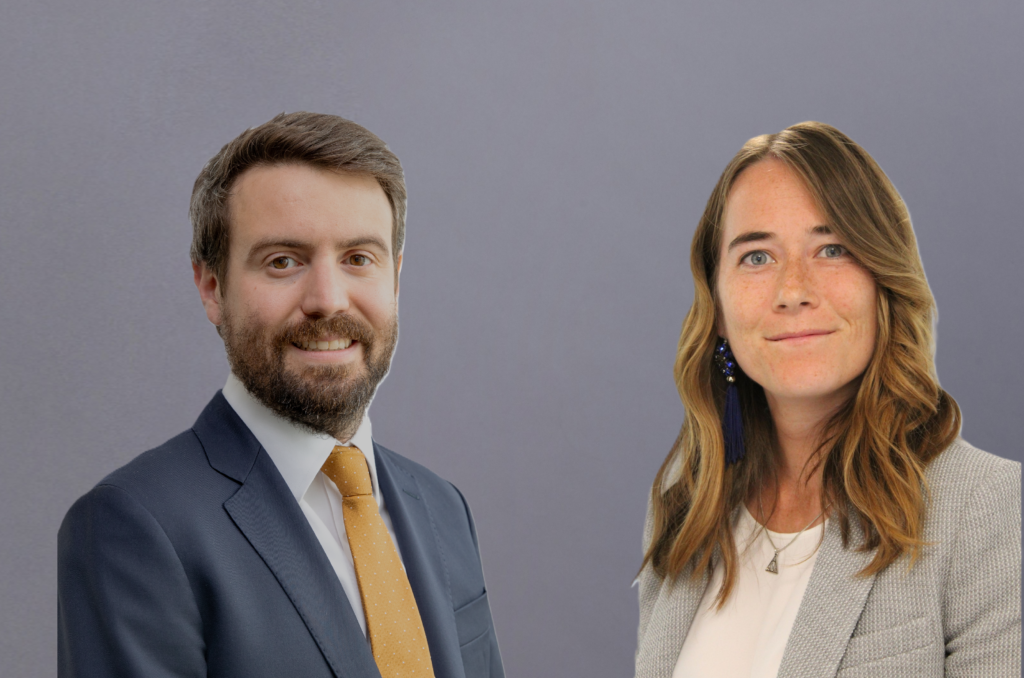How VTM employs cutting-edge technology for data-driven solutions

In recent years, the mobility sector has undergone rapid transformations, with ride-hailing apps, electric scooters and autonomous shared vehicles at the forefront of revolutionising urban travel. Similarly, the improvement in modern data sources has been significant, which VTM has seamlessly incorporated into its projects.
Through the integration of innovative, AI-powered data sources, we are capable of enhancing the quality and efficiency of our services. More specifically, we regularly employ three cutting-edge technologies in our projects:
First, we utilise origin-destination matrices derived from mobile phone location data within our strategic transport models. This method effectively captures mobility patterns across cities or regions, offering considerably larger sample sises than traditional surveys at a fraction of the time and cost. Our expertise enables us to refine this data further for specific study areas, ensuring solid foundations for our models.
Second, leveraging GPS-based traffic statistics data, we gain insights into traffic conditions across the road system. This enables us to:
- Conduct trend analysis, through the analysis of variations in speed on specific roads or areas over recent years, questioning whether traffic conditions are deteriorating.
- Perform policy analysis, examining the impact of interventions or policy changes on travel times.
- Enhance our strategic models, through the incorporation of real-world, current data, ensuring our models accurately reflect actual traffic conditions. This approach optimises the reliability of our models, making them as close to reality as possible.
Third, we access Google’s vast datasets via their APIs, enabling us to perform extensive queries and generate datasets for our models, such as travel time matrices using Google Maps data – a trusted source commonly used by many of us. At VTM, we quickly deploy our internal tools to gather and organise this information, smartly incorporating it into our projects.
Despite the variety of modern data sources at our disposal, we recognise that traditional methods like vehicle counting and surveys are still essential for accurate, ground-truth insights. Therefore, as has always been our practice, we meticulously select our traditional data providers. This selection process involves not only assessing the quality of their output but also evaluating their capability for technological integration, a factor that significantly influences the reliability of their outputs.
We understand the strengths and weaknesses of each data provider, carefully determining their application considering the objectives, deadlines and budgets of each project. Furthermore, we have the expertise to tailor data requirements precisely to each project’s specific needs, ensuring the efficiency and cost-effectiveness of data acquisitions are maximised.
You can trust VTM for studies that utilise the best available technology, ensuring your decision-making process is supported by solid models built on reliable data sources. If you wish to understand how we can assist your company or department with these technologies, please contact us to schedule a meeting.
Latest news
All news
Collaborative mobility planning takes a major step forward in Alto Minho
This week, Ponte de Lima hosted an important milestone for sustainable mobility in the Alto Minho region, with the working sessions of the 2nd-generation Sustainable Urban Mobility Plan of Alto Minho (SUMP Alto Minho), promoted by CIM Alto Minho. At VTM, we are proud to support CIM Alto Minho in the development of a new-generation […]

VTM welcomes Oriol Riba and Alessandra Bernardi
VTM is pleased to announce the addition of two highly experienced professionals, Oriol Riba and Alessandra Bernardi, further strengthening our capabilities across infrastructure advisory and transport modelling. Oriol Riba joins VTM as a Senior Associate Director with more than fourteen years of experience in the infrastructure sector, with a strong focus on transport and additional exposure to energy […]
